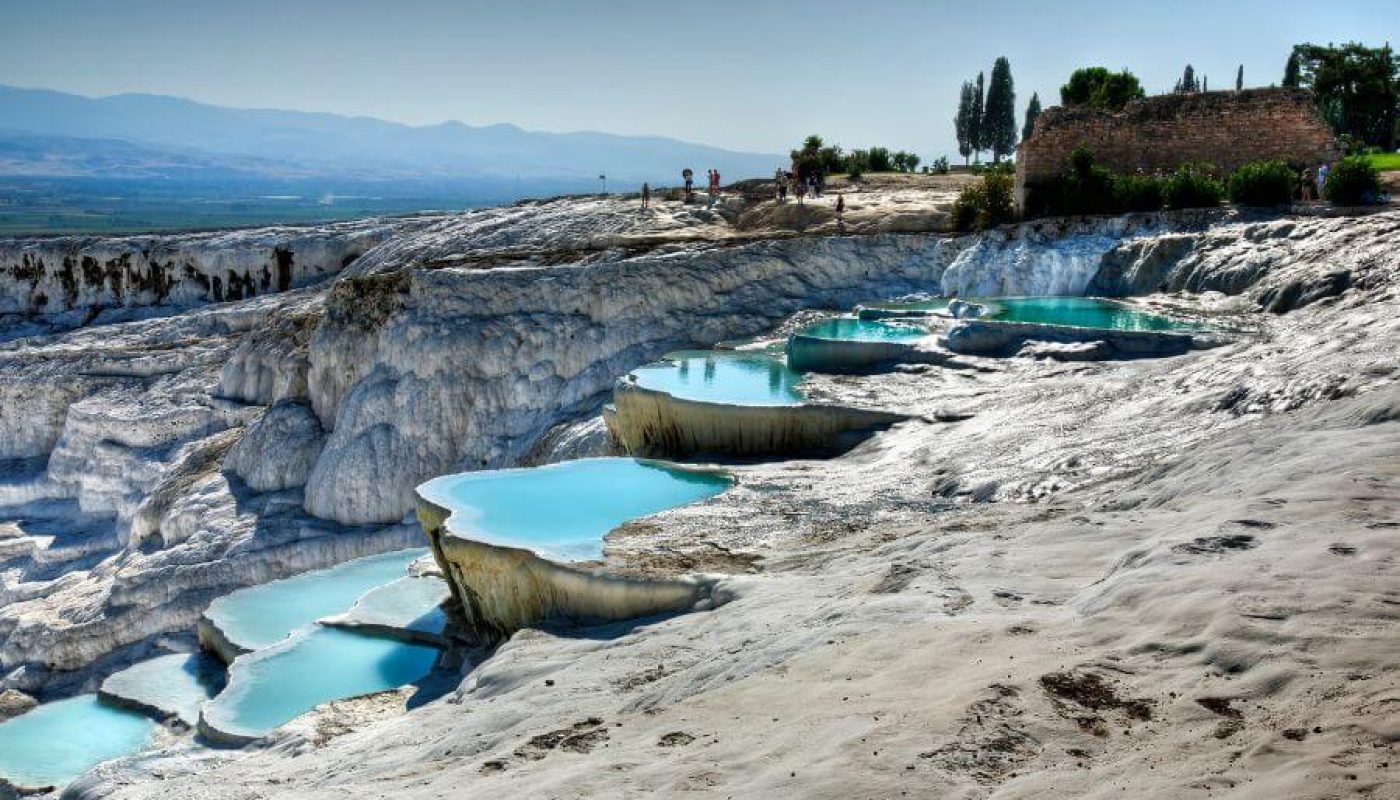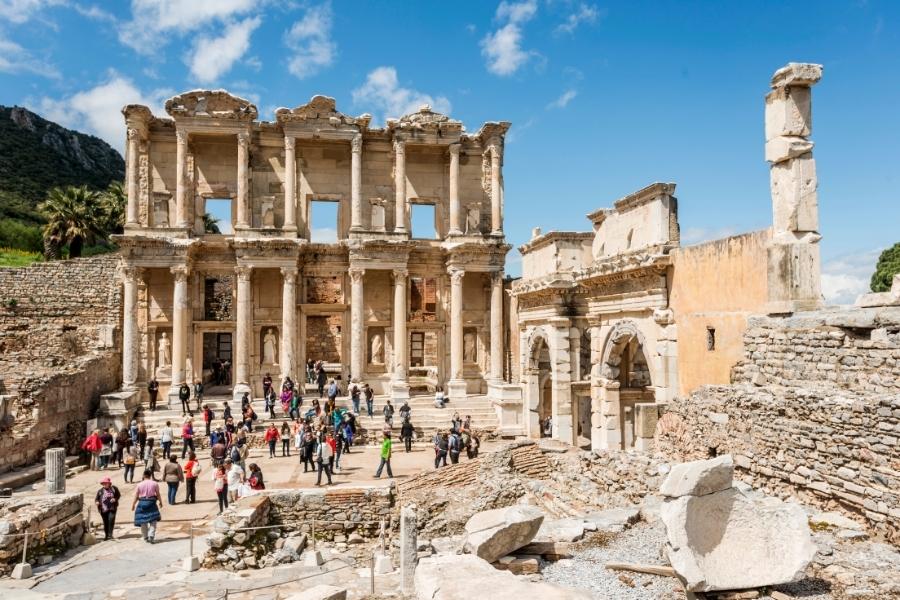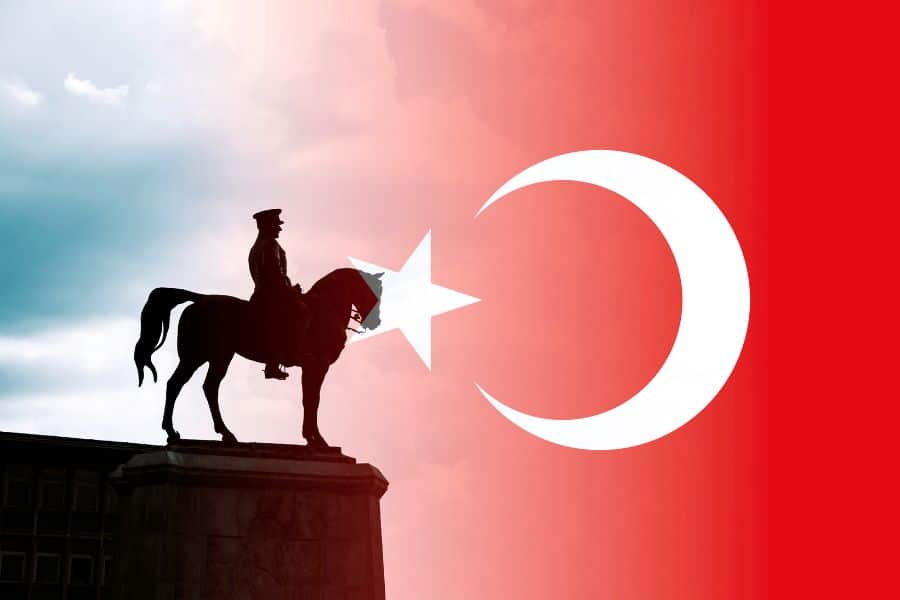Turkey changed its official name to Türkiye
Turkey’s Transition: The Shift from Turkey to Türkiye
Turkey, the bridge between Asia and Europe, has always been a fascinating blend of cultures and traditions. Its rich history and strategic location have made it a central figure in regional and global politics. On October 21, 2021, a significant milestone was reached when Turkey changed its official name to Türkiye. This article delves into the reasons behind this decision, exploring the historical, cultural, and political dimensions. Furthermore, we will examine the implications of this change on the national psyche, international relations, and the tourism industry, providing insights from both local and international perspectives.
One Nation Travel provides both private and shared tours in Turkey, allowing you to explore the rich culture and history of the Turkish landscape.
This renaming represents more than mere semantics; it is intertwined with the identity and self-perception of the Turkish people. As the country seeks to assert its place in the modern world, the name Türkiye resonates with a deep pride and historical significance, connecting the past with the aspirations of the present and future.




Ultimately, the name change reflects an evolution in the Turkish narrative, marking a shift towards a future where the country’s image on the world stage is defined on its own terms. The implications of this transition extend to various sectors, including business, tourism, and diplomacy, as Türkiye aims to present a cohesive and compelling identity to the global community.
Furthermore, the language evolution plays a crucial role in this transition. The Turkish language has undergone significant changes over the decades, with efforts to purify it from foreign influences and re-establish its roots. By naming the country Türkiye, there is an implicit acknowledgment of the language’s importance in defining national identity and fostering unity among its citizens.
Turkey Changed its Official Name to Türkiye: An Overview
The Historic Background
- The Ottoman Empire Legacy: The influence of the Ottoman Empire on modern Turkish identity.
- Formation of the Republic: How Turkey transitioned from an empire to a republic under Mustafa Kemal Atatürk.
Cultural Considerations
- Language Evolution: The transformation of the Turkish language and script.
- National Identity: How the change reflects the sense of national pride and uniqueness.
Political Dimensions
- Global Perception: The strategic move to distinguish Turkey from the term ‘turkey’ (the bird) in English-speaking countries.
- Alignment with International Practices: Aligning the country’s name with how it’s referred to in the Turkish language.
The legal framework surrounding the name change also merits attention. The legislation involved in this process reflects a deliberate effort by the Turkish government to solidify the new identity. This legal recognition ensures that the name Türkiye is upheld in all official documents and international agreements, signifying a commitment to this new chapter in the nation’s history.
Legal Framework
- Legislation Involved: The legal process and regulations behind the name change.
- International Agreements and Treaties: How this move affects international agreements.
The cultural considerations surrounding this name change also highlight the significance of national pride. For many citizens, Türkiye embodies their heritage and history, offering an opportunity to reconnect with the past while looking towards the future. The name change resonates particularly with younger generations, who are eager to embrace their Turkish identity in a modern context while acknowledging their unique cultural background.
Public opinion on the name change reflects a diverse range of sentiments among Turkish citizens. For many, this shift represents a necessary step towards self-identification, while others may view it as an unnecessary change. Understanding these perspectives provides a comprehensive view of how this transition is perceived within the country.
Economic Implications
- Tourism Impact: Effect on Turkey’s booming tourism industry.
- Global Trade Considerations: The change in branding and its impact on global commerce.
Societal Reactions
In examining the historical background, we should consider how the Ottoman Empire has shaped modern Turkish identity. At its height, the empire was a melting pot of cultures, languages, and religions, and this legacy continues to influence contemporary Türkiye. The transition from an empire to a republic under Mustafa Kemal Atatürk was pivotal in redefining national identity. Atatürk’s reforms aimed at modernization included the adoption of the Latin alphabet and secularism, but the name change marks a return to a more authentic representation of Turkish culture.
- Public Opinion: How Turkish citizens perceive the change.
- International Reactions: How the global community responded.
First-Hand Insights: What Does the Name Change Mean?
Having visited Turkey and interacted with local scholars and ordinary citizens alike, I can testify to the deep-rooted sentiment behind the name change. It’s more than just a rebranding; it’s a reclamation of cultural heritage and a statement of national identity.
Implications for Foreign Policy
- Relations with Neighboring Countries: How the name change might affect Turkey’s relationship with neighboring countries.
- Positioning in Global Politics: The potential shift in Turkey’s position in the international arena.
Moreover, the name Türkiye encapsulates a broader narrative of cultural renaissance, as the nation navigates through the complexities of globalization while striving to preserve its unique heritage. The transition is not only a domestic concern but also a significant point of discussion in international forums, as nations reassess their relationships with Türkiye based on this new identity.
The Future: What Lies Ahead for Türkiye?
- Prospects for Growth: Opportunities and challenges in the years to come.
- Global Engagement: Türkiye’s role in global development and peace efforts.
FAQs
- Why did Turkey change its official name to Türkiye? The change reflects the pronunciation in the Turkish language and emphasizes the nation’s unique identity.
- When did Turkey officially become Türkiye? The change was announced on October 21, 2021.
- How has the name change been received domestically and internationally? Opinions vary, with some embracing the change as a positive step, while others see it as merely symbolic.
- Will the name change affect travel to Türkiye? No, travel and tourism remain unaffected.
- Does the change have any legal implications for international agreements? Existing treaties and agreements will continue to be honored.
- What does this mean for the Turkish people? Many view it as a proud reassertion of Turkish identity and culture.
Conclusion
Turkey’s decision to change its official name to Türkiye is a multifaceted and intriguing subject. It touches on history, culture, politics, economics, and international relations. The transition is a testament to a nation’s continuing evolution and its aspirations for the future. As Türkiye steps onto the global stage, it does so with a renewed sense of identity and purpose, ready to embrace the opportunities and challenges that lie ahead.






